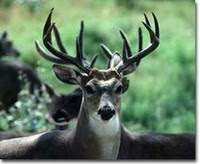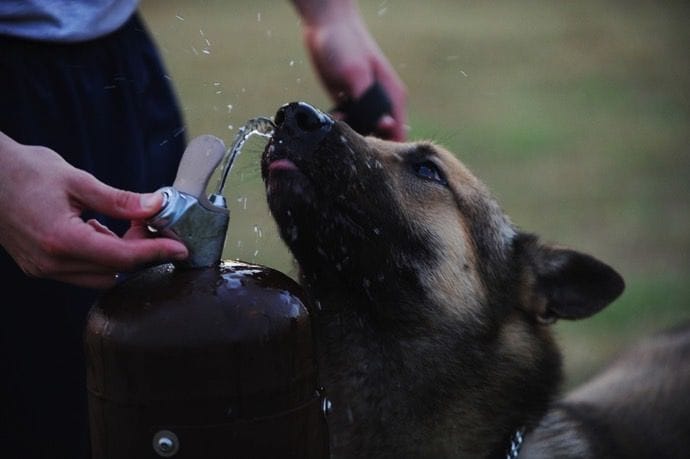We are talking Horse Care!
Nutritional Needs
A horse’s digestive system is made to process large quantities of grass, which is high in fiber and water. The basic diet for most horses should be grass and good quality hay, free of dust and mold. In most cases, plenty of fresh, clean, unfrozen water should be available at all times, even if the horse only drinks once or twice a day.
Vaccinations and Deworming
All horses need vaccinations and most need regular deworming. The specifics should be discussed with an equine veterinarian. Every horse should be protected against tetanus. Other vaccines are routinely given for Eastern and Western equine encephalomyelitis, equine influenza, rhinopneumonitis (equine herpes) and rabies. Vaccines for West Nile Virus are also available. Ask your veterinarian if other vaccines are appropriate for your horse.
Worms can cause weight loss, poor coat, and colic, which can be deadly. It is best to have your veterinarian test and deworm your horse, or advise you on what to use and when. More important than treating worms is minimizing the horse’s exposure to parasites. Proper management entails not putting too many horses on too little land, rotating pastures if possible, and removing feces regularly.
Housing, Rest and Exercise
Contrary to common thought, straight stalls are not necessarily worse than box stalls if the horses are together, and spend most of their day outside. Horses isolated in box stalls can develop behavioral problems from lack of companionship, exercise and mental stimulation. Whenever possible, horses should be outside with other horses every day.
Extreme Weather Precautions
Unless it is very wet and windy, horses tolerate cold much better than heat and humidity. If they can’t sweat, they can’t get rid of heat buildup in their bodies. If the sum of the temperature in degrees Fahrenheit and the relative humidity in percentage is over 130, you should be cautious about exercising your horse. If it is over 150, you should probably rest in the shade, and if it is over 180, most horses should not work at all.
Hoof Care
Hooves should be trimmed every six to eight weeks for horses whose feet do not get adequate natural wear. Despite tradition, most horses don't need shoes if their hooves are given the opportunity to strengthen naturally. In fact, some hoof problems are directly related to shoeing. However, changes should not be made suddenly or without expert guidance. Finding a veterinarian or farrier willing to discuss all the options may be hard, but worthwhile.
Teeth
Horses’ teeth grow continuously. Uneven wear can lead to sharp points and edges that cause pain and difficulty chewing. A horse’s teeth should be checked once or twice a year and “floated” (to make them smoother) by a veterinarian or well-trained equine dentist as needed. Dental problems, from painful points to rotting teeth, may cause difficulty chewing or “quidding,” which occurs when food falls out of the mouth. Other signs of dental disease may include foul breath, undigested hay in the stools or discomfort from the bit or noseband. Dental disease can lead to choke, colic and weight loss.
Equine Poison Prevention
Experts at the ASPCA Animal Poison Control Center [link] have compiled the following list of spring and summer hazards for horses.














